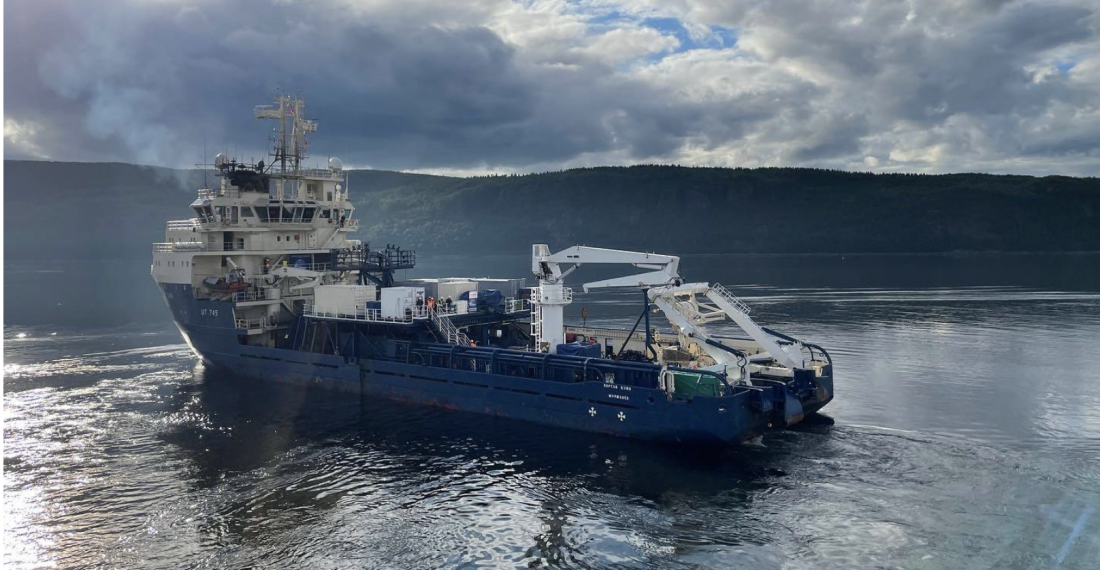On Friday (6 August) the Russian Federation started construction on the country's first undersea fibre-optic cable in the Arctic. The cable is part of a Russian state-run project and runs along Russia's northern coast.
The new fibre-optic cable aims to improve Moscow's poor communications in the Arctic, where it has expanded its military presence and is developing the Northern Sea Route into a major shipping route.
The "Polar Express" connection, which is due to be completed in 2026, will be 12,650 kilometres (7,860 miles) long. It will run from the Russian village of Teriberka, which lies on the Barents Sea, to the port city of Vladivostok in the far east of Russia.
The construction of the fibre-optic connection is estimated to cost a total of 65 billion roubles. This amount will be funded by the Russian state. The connection will be operated by the state-owned company, Morsviazsputnik, which will provide stable internet to the Arctic harbour towns, as well as on the Kamchatka and Sakhalin peninsulas.
Earlier, another Russian fibre-optic project had been underway, led by the private telecommunications company, Megafon. The cable was intended to connect Helsinki with Tokyo via northern Russia. However, the so-called Arctic Connect project was cancelled in May because Megafon wanted to revise the project.






